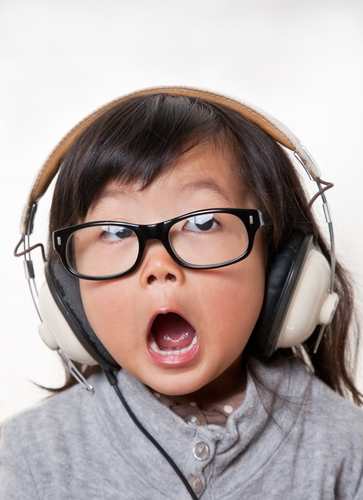 9 things to keep in mind before you release a Kid’s album
9 things to keep in mind before you release a Kid’s album
[This article was written by Maryann Harman, founder of Music with Mar., Inc.]
“I’m a musician. I’m a parent. Now I can write and record children’s music!” Is it that easy? Can just anyone put out a quality Kid’s CD with good content? I don’t think so.
As with everything, some are nodding their heads and wondering where I’m going with this and others are already flat out angry that I would take such a stance. Let me explain my thoughts on this.
When my daughter was young, I received some music produced by “Music for Little People.” It was awesome music. I fell in love with Peter Alsop, Tom Chapin, Linda Arnold and Tickle Tune Typhoon. As a music teacher, I had always loved all styles of music. Yet, I never knew that Buckwheat Zydeco or Taj Mahal produced such enjoyable CDs for children. It was a new world for me.
Time went on and I began holding music classes for the parents and children in my playgroup and along with that began writing songs to utilize in the program. Parents began to ask me where they could buy the songs I was singing. “What? Buy my music?”
Wow! This could be fun (and lucrative). Thus began the journey, and along that journey I began to realize that recording quality children’s music took more than musical talent; it took an understanding of what children (and parents) like and what is ‘good’ for them.
Here is what I believe is important when recording children’s music:
1. Pick a topic that is relevant to children. This could be educational (singing about colors), physical (movement songs) or entertaining (story or interaction).
2. Use various genres. Children should be brought up with a good musical repertoire.
3. Use quality sounding instruments. For children to become good consumers of music, they must hear good music.
4. Be mindful that your lyrics are something you would want children to hold onto. (Anything children hear before the age of 7, becomes part of their value system.)
5. Get a better understanding of child development. In other words, know your audience. Attention spans vary. What appeals to a 2 yr old will bore a 5 yr old and vice versa.
6. Referring to #5, watch your vocabulary. Children often do not understand the meaning of many words we put in our songs.
7. If you want parents to play it in the car, make sure it will be enjoyable to them as well.
8. Before you mass produce your CD, try it out on a group of children. It would be a good idea to try it at a school as well. If you are writing music for preschool-aged children, go to a preschool. The teachers and children will be very honest with you. Likewise, you can do this for school-agers as well.
Do I think any musician can record children’s music? Yes. It takes dedication and a desire to produce something that is good and relevant to the children. It should never be just to find another venue to make a buck. Following the above guidelines will get you on the right track.
Oh, and #9. You need to REALLY like kids. They are going to want to hug you. They will interrupt you and ask a question that has nothing to do with what you were singing. And they are the most honest audience you will every encounter. They will say “This is boring”. So, as Bob Geldoff posted above the door to the studio of “We Are the World”: Leave your egos outside the door. They may get stepped on. Then again, it can be the biggest ego booster in the world.
I, for one, love it!
[hana-code-insert name=’newsletter-smarter-musician’ /]
[Picture of kid listening to music from Shutterstock.]